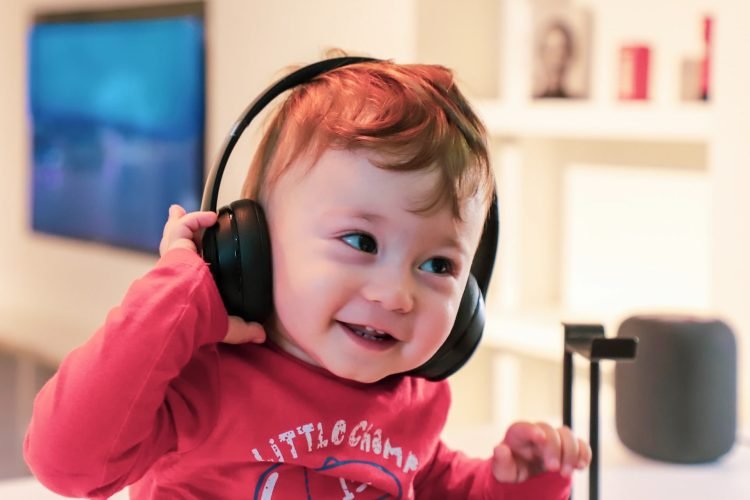
Kids’ interests seem to be all over the place. One minute they want to play with an old box in the corner, the next they’re obsessed with noodles. For adults, this kind of behaviour can be a bit perplexing. While we find it easy to just focus on one thing and stick with it, kids don’t.
The good news is that there are things that parents can do to get their kids more interested in music. Here’s some ideas you might want to try.
Avoid starting too early
Parents want to get their children started with music from as early an age as possible. The sooner they start, the more talented they will be, or so the story goes.
But that’s not always how it works. Granted, you don’t want to wait until your child is 18 before buying them their first guitar. But, equally, getting them going at age 5 or under might be a bit early.
The problem with starting too early is that it tends to reduce imagination. Kids approach music formulaically, and it never quite sounds right.
Starting too young might also prevent their brains from maturing in respect to music in the right way. Getting going too early might simply present cognitive overload.
Start them on the right instrument
You wouldn’t start your kids’ reading career with Dostoyevsky. Instead, you’d get them to read childrens books and then build from there.
Ideally, you should adopt the same approach with instruments. Don’t hand a five-year-old a guitar and expect them to start playing. The combination of left and right hand is usually too challenging for them. Instead, put them on simpler instruments, like recorders or keyboards, and then build from there. Make it clear that these are just starter instruments and they can move onto other ones when they get older.
If you must give your child something that looks like a guitar at a young age, try them on ukuleles. These only have four strings and they are much simpler to operate.
Play them music
Kids have an innate instinct to copy their parents. That’s because it is a great shortcut. If it worked for you, then it is likely to work for them, too.
And this is where playing your kids music can help. Strumming on a guitar is a great way to get them to accept music as a part of life. Get them to sing along too and that’ll really pique their interest.
Don’t try to force them to listen to you. Instead, just start playing and wait for them to start singing along. They’ll soon get the hang of it and start to enjoy it.
Find the right teacher
It can be a struggle to get your children to play a musical instrument if they don’t like their teacher. That’s why choosing the right one is so important.
Try to find a teacher who will come to you. It’s almost always better for kids to practice in the house instead of going to the hassle of driving to another location.
Alternatively, if you have a particularly gregarious child, you might want to sign them up for music schools or clubs. Here, they can get together with other kids and play music together, perhaps in a band.
For more creative kids, there are special schools which focus more on composition than practice. Here, your child actually comes up with their own music from scratch instead of playing something composed by someone else.
For young children who aren’t yet committed to learning, avoid regimented lessons. While they are important, it’s best to have fun first and then move onto the harder stuff.
Buy them a music collection
Once music collections get going, they can become life-long love affairs. Many people begin building their record collections before age 10 and then continue to do so for the rest of their lives, despite the existence of Spotify and iTunes.
Try buying your kids a turntable and a few vinyls and see how they respond. In today’s world, just seeing this old-fashioned equipment at work is a spectacle. You can use it to get them interested in the history of music and how it can make them feel.
Take them to a concert
Lastly, you might want to take your child to a live music event. This way, they can get away from heavily edited music and listen to what it really sounds like on-stage. Watching world-class guitarists, pianists and cellists can be an awe-inspiring experience that encourages them to take up these instruments.






